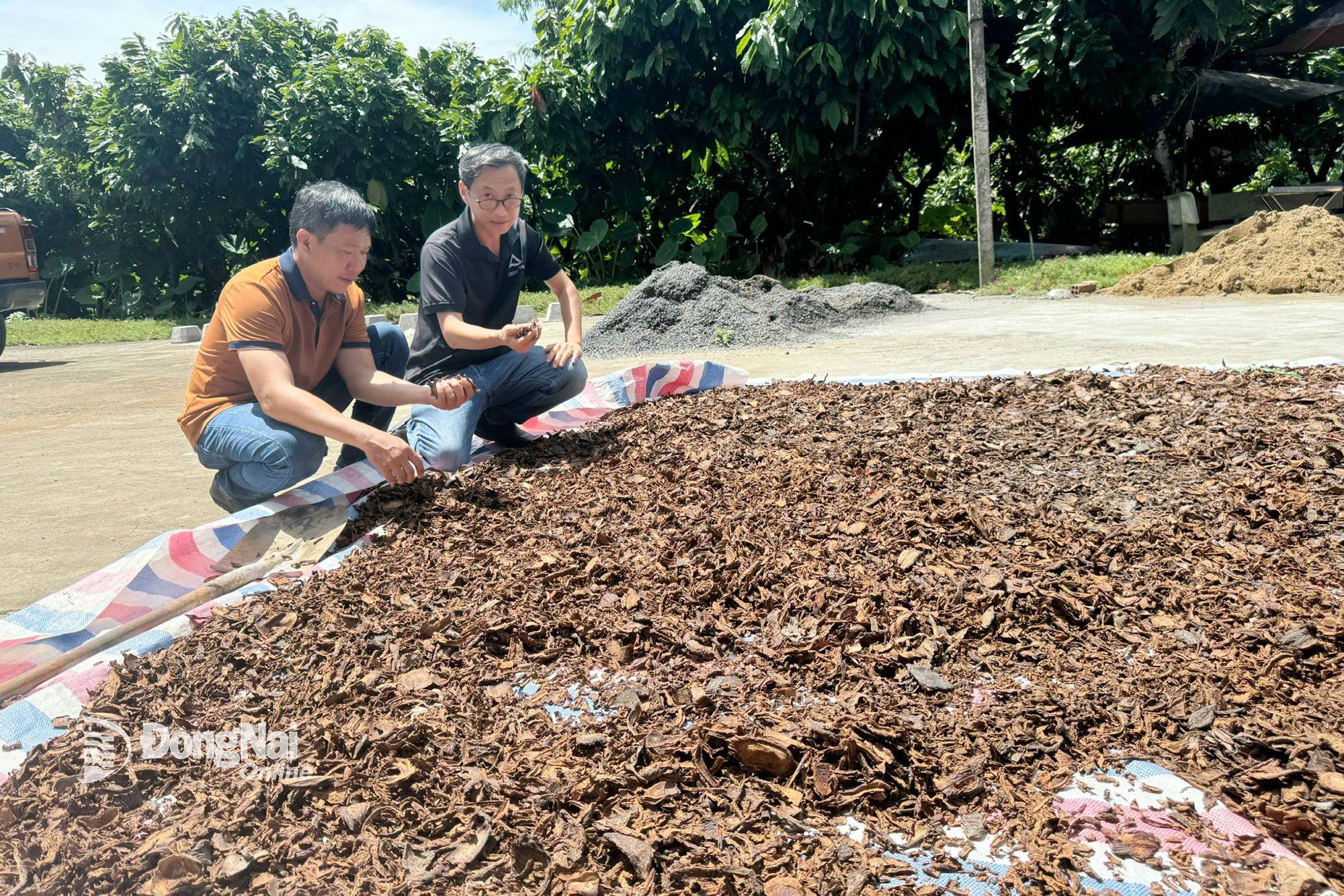 |
| Dried cocoa shells become raw materials for making biochar at Trong Duc Cocoa Company Limited (Phu Hoa commune). Photo: B.Nguyen |
With many advantages in agricultural development after the merger, Dong Nai province closely follows the above goal, exploiting advantages and potentials to develop sustainable agriculture, in which environmental factors associated with building ecological new rural areas are focused on.
Leading the development of circular agriculture
Circular economy in agriculture is a closed-cycle agricultural production process, waste and by-products of this process are inputs for other production processes through the application of technical advances, biotechnology, and physical-chemical technology. Thanks to that, NNTH brings many specific benefits to meet sustainable development goals such as: saving input resources, promoting economic development, increasing employment, stimulating innovation and reducing greenhouse gas emissions.
Circular economy in agriculture in Dong Nai province has a great advantage when key crops and animals have been planned and concentrated production areas and specialized crop areas have been formed, suitable for natural conditions to promote development. One of the great advantages for Dong Nai to develop sustainable agriculture in the new situation is that the province has issued many programs and plans for agricultural development in general and sustainable agriculture in particular. This is the basis and driving force for sustainable agriculture development in the province in the coming time.
Thanks to attention to attracting investment in developing sustainable agriculture, Dong Nai has attracted businesses, cooperatives, and farmers to participate and continuously replicate sustainable agriculture models.
The research topic on perfecting the process of collecting and treating manure and organic waste from chicken farms to produce organic fertilizer of Trang Trai Viet Company Limited (Xuan Loc commune) is a model for developing agricultural production in Dong Nai province. This enterprise has signed a contract to treat waste from chicken farming for large livestock corporations in the province. The enterprise uses manure and waste from livestock farming to produce organic fertilizer with a capacity of 200 tons/day. The enterprise is implementing a ministerial-level project "Upgrading the system of treating chicken manure and waste to produce organic fertilizer using modern technology, with a scale of 500 tons/day".
Thanh Binh Cooperative (Bau Ham Commune) is a pioneer in NNTH with a model of exporting fresh bananas, processed banana products, and producing dried banana stems for export. Previously, banana trees were cut down after harvest, but now they are dried as raw materials to produce many environmentally friendly handicrafts, which are exported well to demanding markets.
According to Deputy Director of the Department of Agriculture and Environment Nguyen Van Thang, enterprises play a central role and are the core nucleus in developing agricultural production, including NNTH. Thereby, creating motivation for enterprises to invest in NNTH through support in capital, technology, and market; having preferential policies for enterprises investing in technology to recycle some high-value agricultural by-products.
Creating new growth drivers
As the leading province in the country in building new rural areas, localities in Dong Nai province are very interested in investing in technical infrastructure. Concentrated agricultural production areas have a system of internal roads, irrigation, and electricity lines that basically meet the production needs of the people. The logistics system in the area is increasingly developing, creating favorable conditions for commercial activities of the province in general and the agricultural sector in particular. In particular, the work of planning the development space of the industry is focused, focused, and specified in the Provincial Planning to serve as a basis for investment attraction.
Que Lam Group Joint Stock Company (Ho Chi Minh City) is an enterprise that signed a contract with the People's Committee of Dong Nai province to cooperate in building and replicating organic agricultural production models according to the production chain linked with processing and consumption for a number of key agricultural products of the province.
Chairman of Que Lam Group Joint Stock Company, concurrently Chairman of Vietnam Circular Agriculture Association Nguyen Hong Lam said: Dong Nai provincial government is very interested, has a team of people, farmers and many other favorable conditions to develop circular agriculture. Circular agriculture is currently being applied by many farmers in the province. Typically, many farms and households in the province have collected agricultural by-products to compost into organic fertilizer. Livestock farms in the province have collected waste from livestock farming to make biogas, and sold it to fertilizer production enterprises. Therefore, Que Lam has chosen to cooperate with Dong Nai province in developing circular agriculture and organic agriculture in the form of investment enterprises, transferring technical processes to apply organic technology to farmers and cooperatives in Dong Nai.
According to Deputy Director of the Department of Agriculture and Environment Nguyen Van Thang, in order to promote the development of the agricultural economy, in the coming time, the agricultural sector will focus on effectively implementing groups of solutions. Specifically, the sector is interested in building a communication strategy on agricultural by-products, thereby promoting propaganda. Studying the experiences of some countries or successful enterprises in agricultural by-products; guiding farmers to choose appropriate and effective models of utilizing agricultural by-products. Bringing knowledge about agricultural by-products into training, fostering and propaganda programs of all relevant departments and sectors. The agricultural sector will be interested in guiding and supporting farmers and enterprises to access and receive technology transfer for recycling and reusing agricultural by-products and waste. The province continues to focus on promoting cooperation and linkage between economic sectors and social organizations in the development of agricultural by-products. Guide businesses and farmers to produce according to value chains, with close systematic cooperation between businesses, producers and the State.
Binh Nguyen
Source: https://baodongnai.com.vn/tin-moi/202509/xay-dung-nong-thon-sinh-thai-gan-voi-nong-nghiep-tuan-hoan-f1c2b1c/




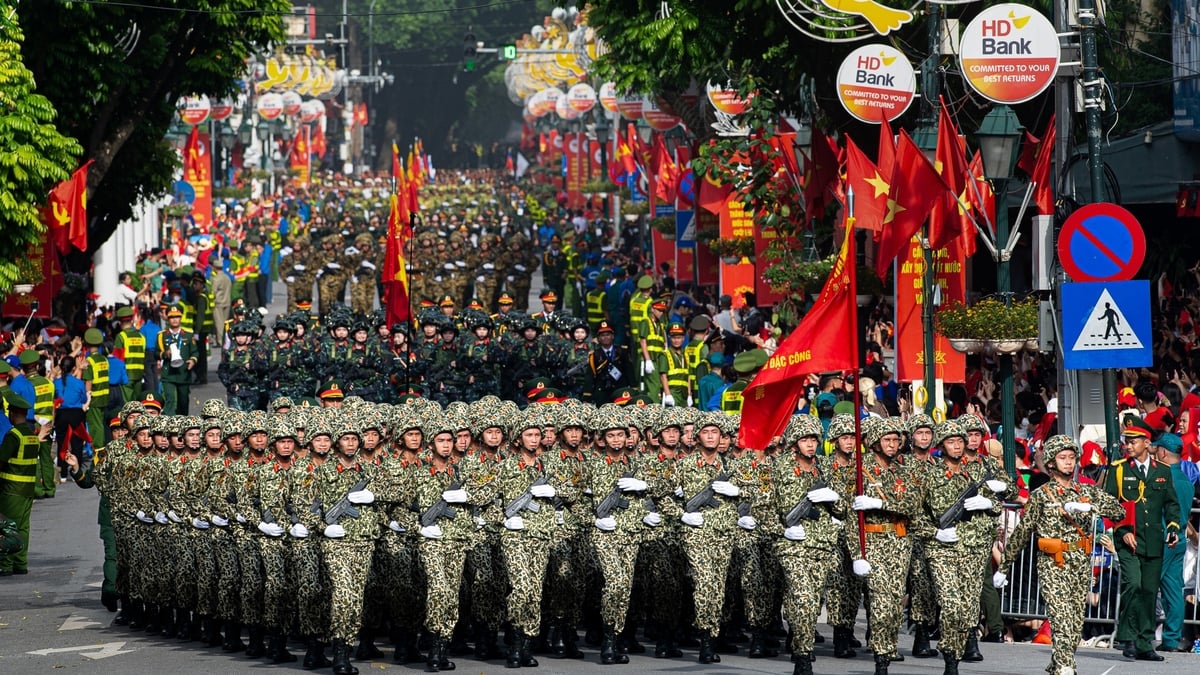


![[Photo] The majestic "sea eye" in the middle of the ocean of Da Nang city](https://vphoto.vietnam.vn/thumb/1200x675/vietnam/resource/IMAGE/2025/9/3/a2cdfcc4501140e6a6bc2ad767f64b36)
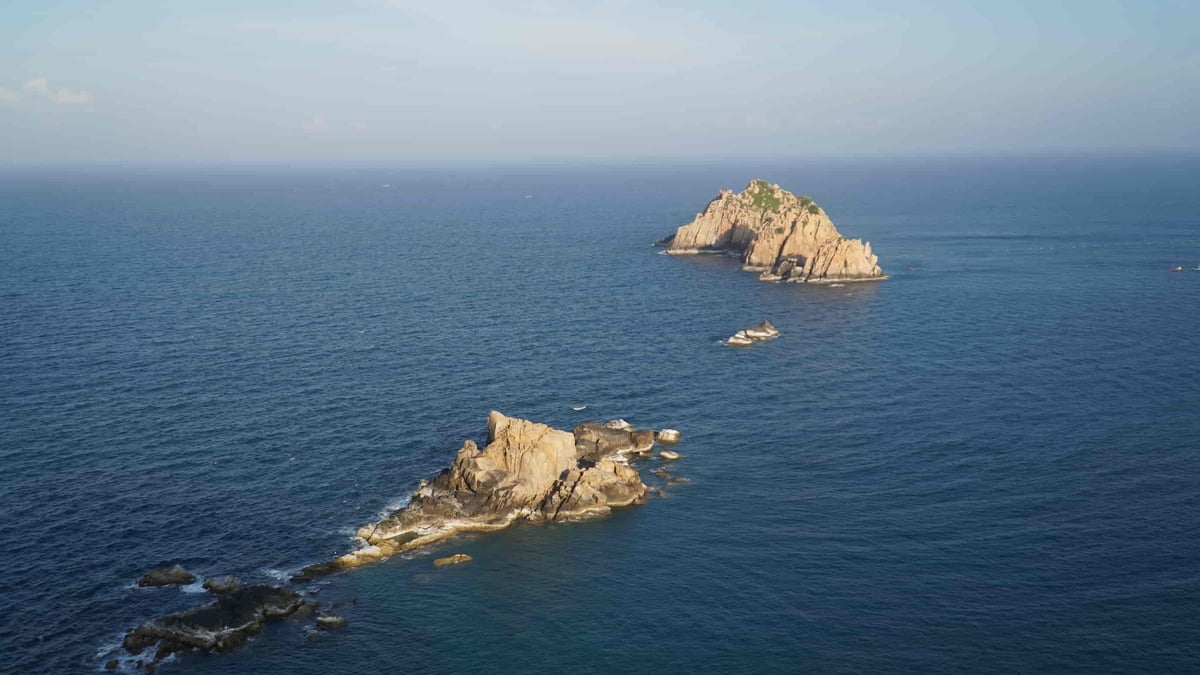
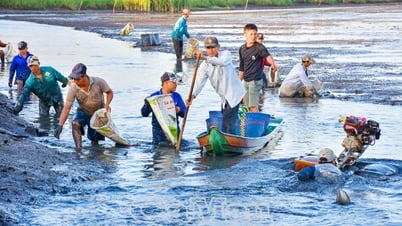

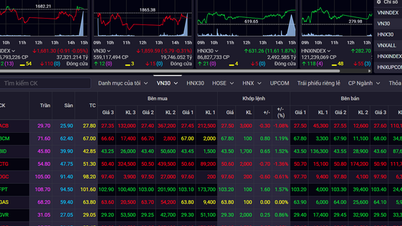

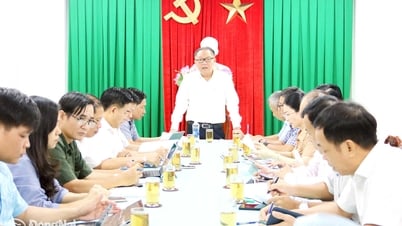
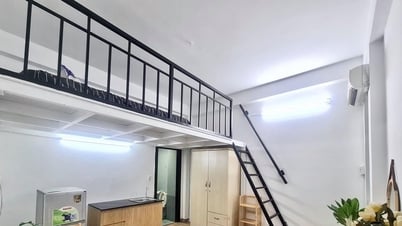

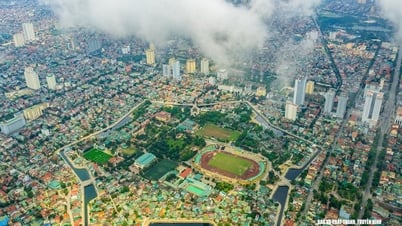
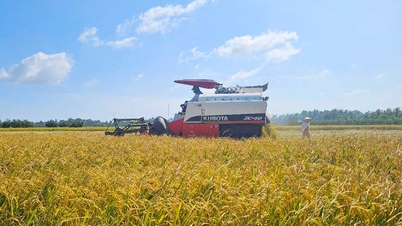

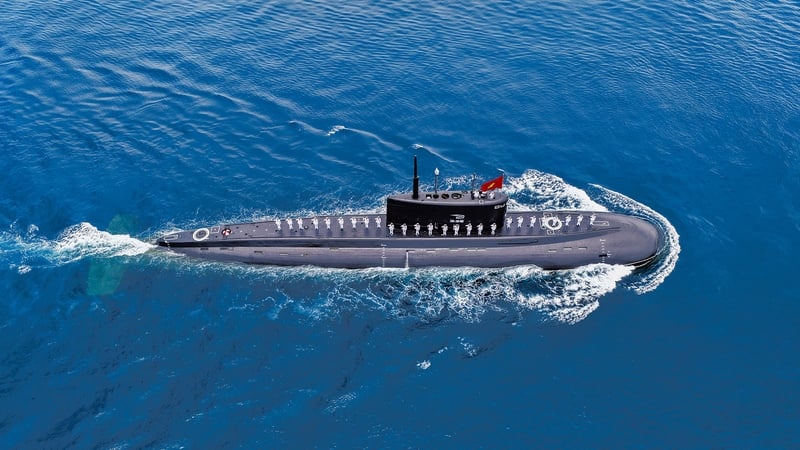
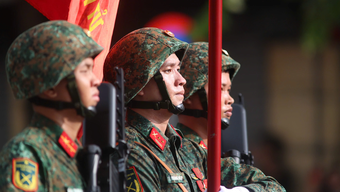


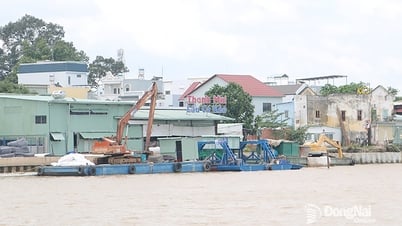
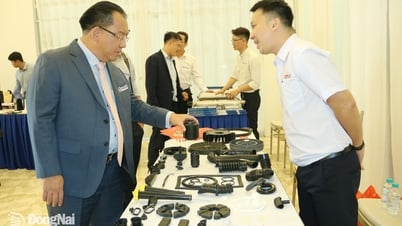
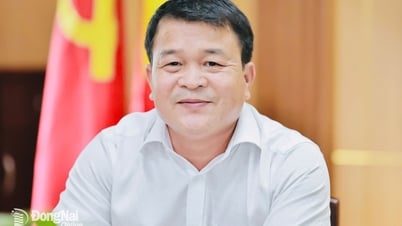
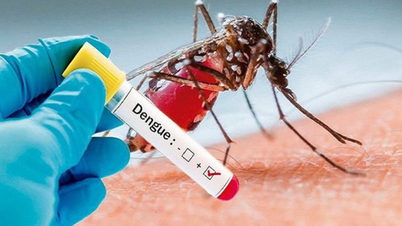
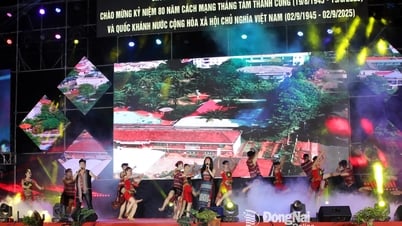
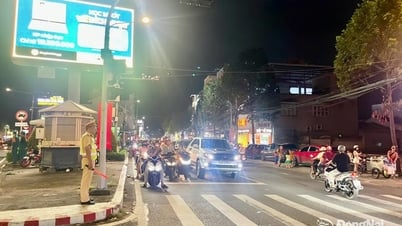


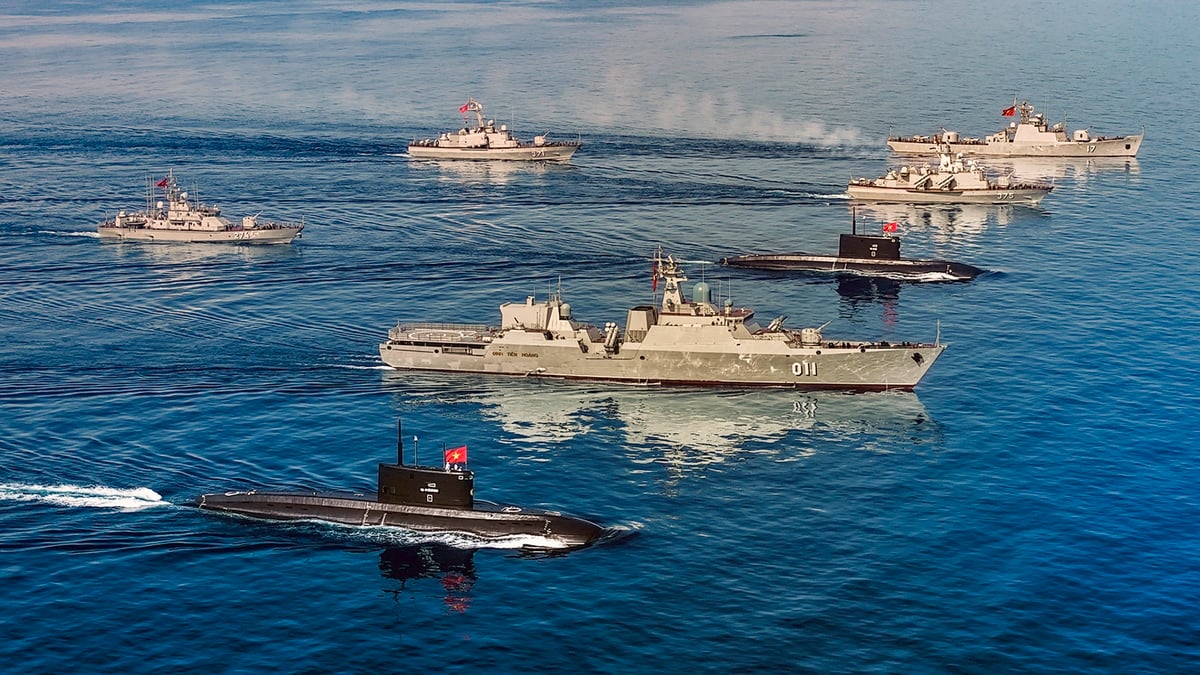
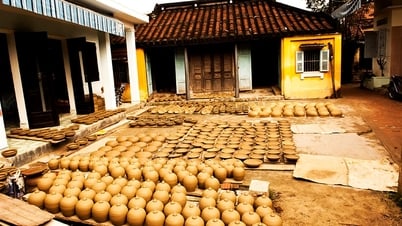

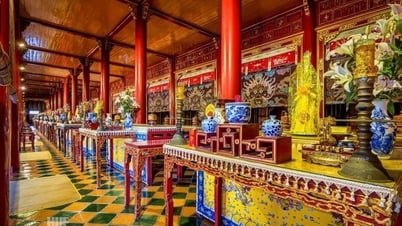

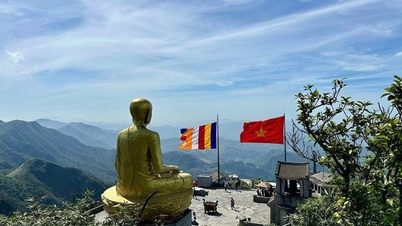






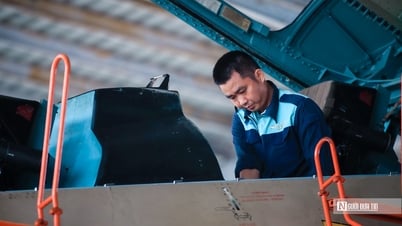

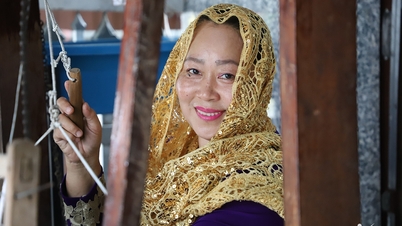

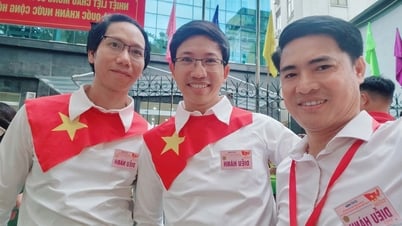








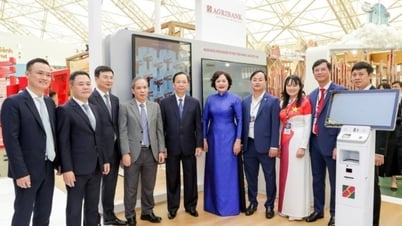


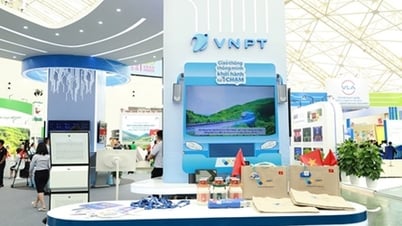
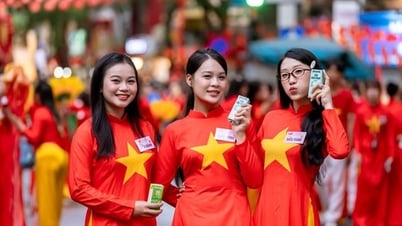




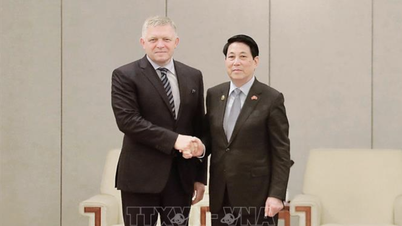

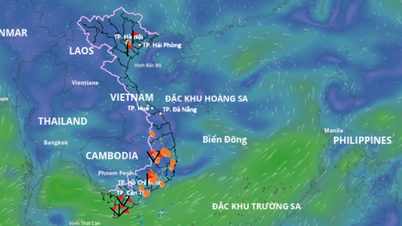
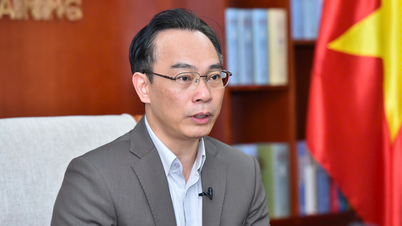

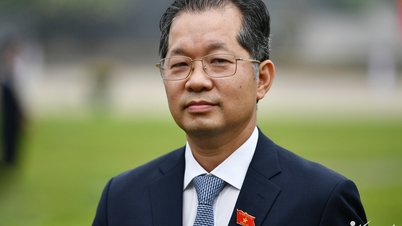



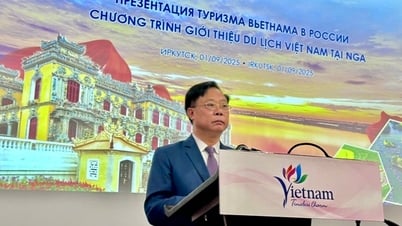

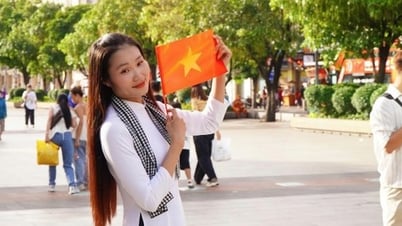
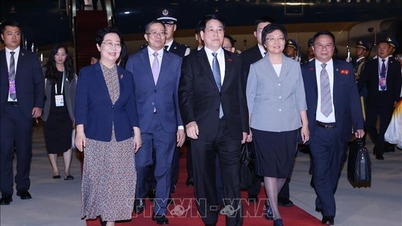

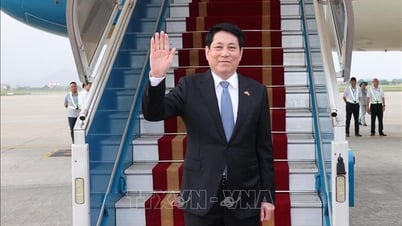
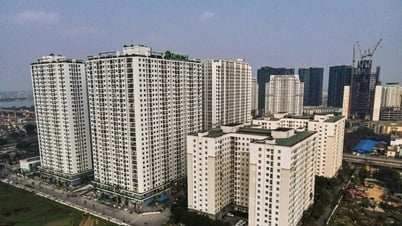

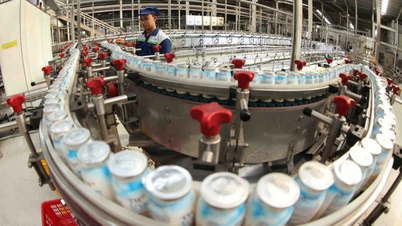

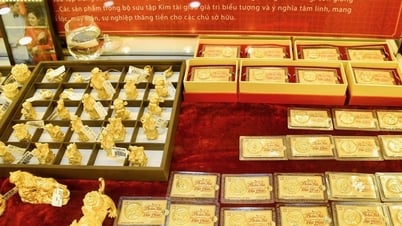

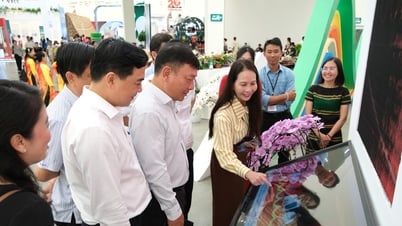
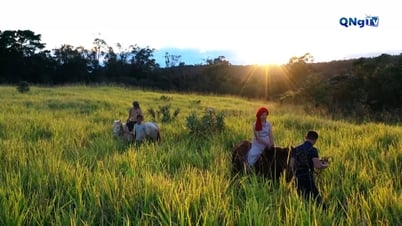
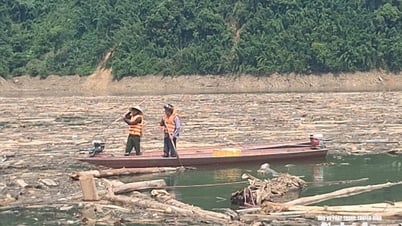
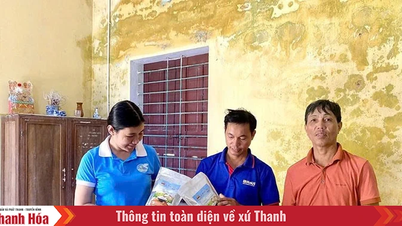

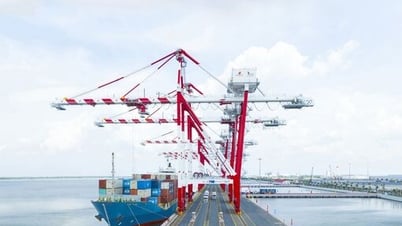

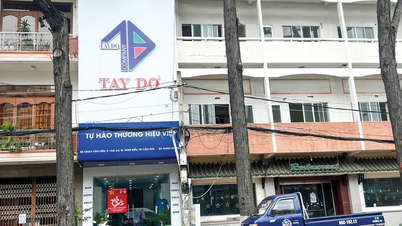

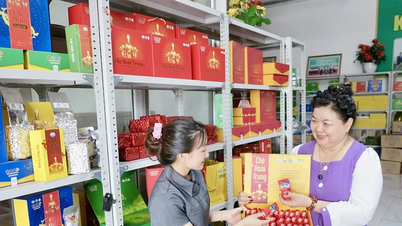

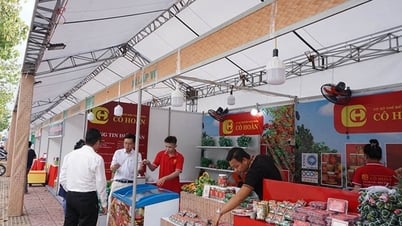
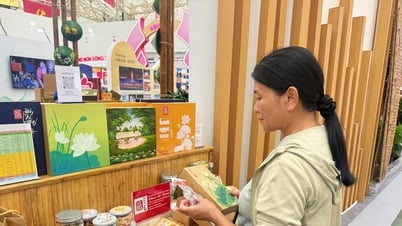

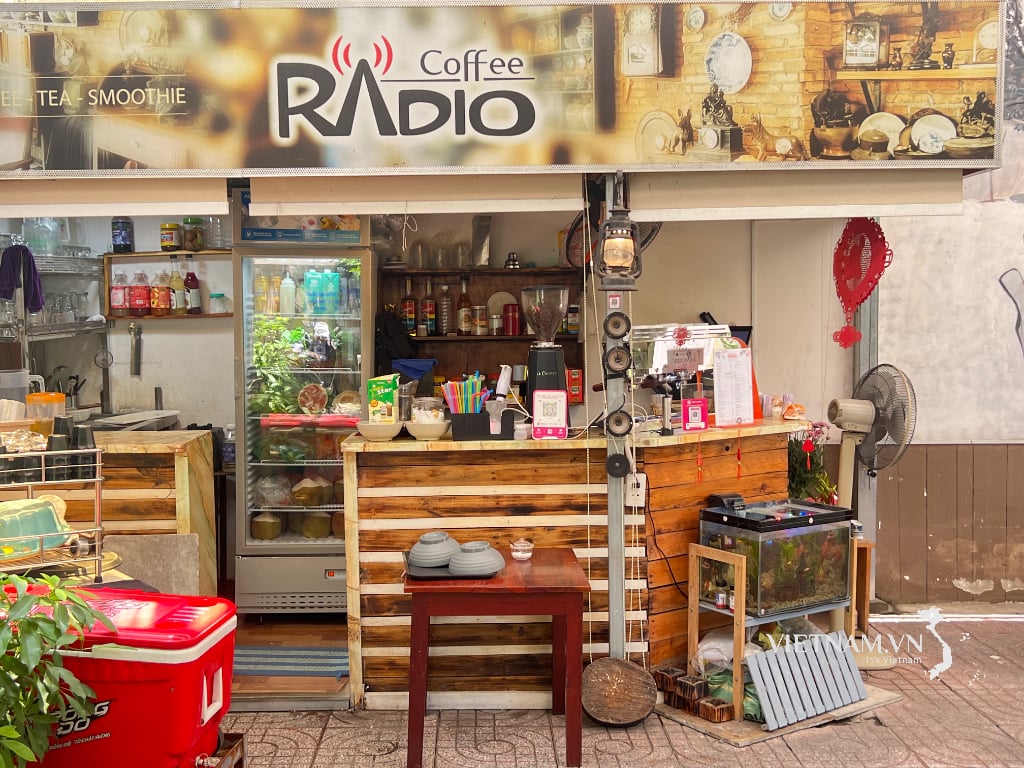



Comment (0)